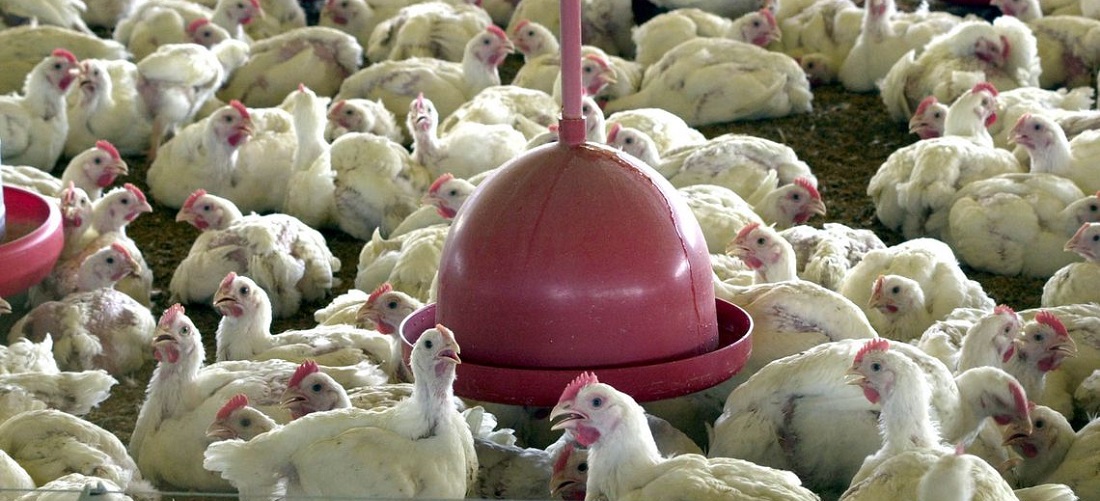
Revenues from Brazilian chicken exports grew 6.4% in 2019
Jan, 09, 2020 Posted by Sylvia SchandertWeek 202003
According to the Brazilian Association of Animal Protein (ABPA), exports of Brazilian poultry (considering all products, in natura and processed) grew in 2019 both in volume and revenues.
In all, 4.212 million tons were exported in the year, 2.8% higher than in 2018, when 4.1 million tons were exported.
In December alone, 391.9 thousand tons were shipped, 11.2% higher than the 352.5 thousand tons exported in December 2018. December’s numbers were the best out of all months in 2019.
The below graph, based on Datamar’s DataLiner data, shows Brazilian exports of chicken, pork and beef from January 2015 to November 2019:
Source: DataLiner / Datamar
In revenue terms, chicken sales in 2019 totaled $ 6.994 billion, 6.4% higher than in 2018 which registered $ 6.570 billion. If we consider the month of December alone, exports grew 9.6%, totalling US $ 636 million, compared to US $ 580.1 million registered in December 2018.
In 2019, China was the main destination for Brazilian chicken exports, with total imports of 585.3 thousand tons, 34% higher than in 2018, when 438 thousand tons were imported. In December alone, the Asian country imported 72,000 tons, 94% higher than in December 2018.
Japan also increased its imports by 7% in 2019, reaching a total volume of 424 thousand tons.
In the Middle East, the United Arab Emirates (UAE) stood out as the biggest importer, buying 341.1 thousand tons, 10% higher than the previous year.
Yemen also increased its imports of chicken from Brazil, with a total of 105.9 thousand tons registered in 2019, an increase of 24% compared to 2018.
-
Jan, 24, 2024
0
Paranagua Container Terminal New Waste Center Already Operational
-
Economy
Jul, 20, 2021
0
ECLAC: International scenario to boost Latin American exports by 22%
-
Trade Regulations
Oct, 29, 2019
0
US-China trade deal may not be ready to be signed in Chile, official says
-
Fish
Jun, 30, 2021
0
Fish production advances and revenue exceeds R$1 billion


